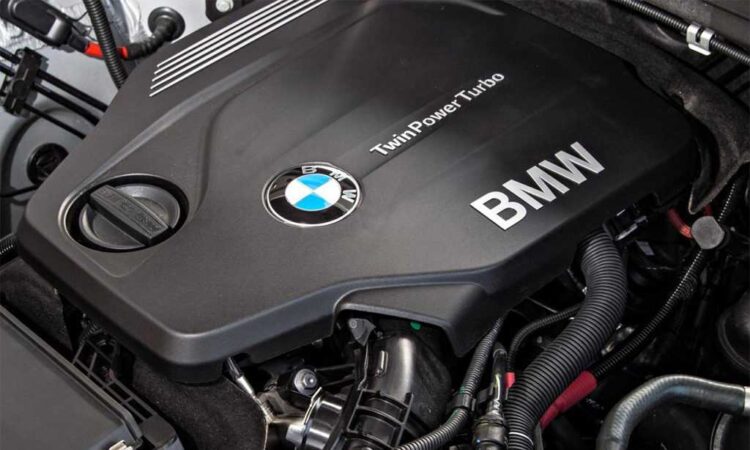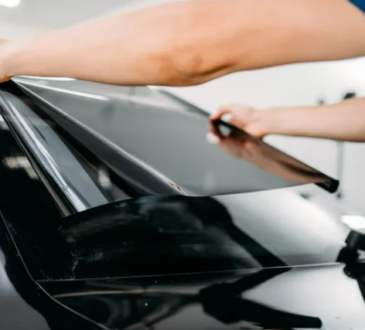
The longevity of a car engine is a critical consideration for every vehicle owner. Understanding the factors that impact engine lifespan can help drivers make informed decisions about maintenance and replacement. Let’s delve into the intricate details of how long car engines like BMW engine typically last and the key determinants influencing their durability.
Materials and Build Quality
The foundation of an enduring engine lies in the quality of materials used in its construction. High-quality engines often employ durable metals, advanced alloys, and precision manufacturing techniques. Such materials enhance the engine’s resistance to wear and tear, contributing significantly to a longer lifespan.
Regular Maintenance
One of the most influential factors in engine longevity is the level of maintenance it receives. Regular oil changes, timely replacement of filters, and adherence to manufacturer-recommended service intervals can substantially extend the life of a car engine. Neglecting these routine tasks may lead to the accumulation of sludge, increased friction, and premature wear.
Driving Conditions
The environment in which a vehicle operates plays a crucial role in determining how long its engine will last. Cars subjected to extreme weather conditions, such as intense heat or freezing temperatures, may experience accelerated wear. Additionally, frequent stop-and-go traffic, aggressive driving, and constant short trips can contribute to premature engine aging.
Driving Habits
The way a driver operates a vehicle can impact engine longevity. Aggressive driving, rapid acceleration, and abrupt deceleration put extra stress on the engine components, leading to increased wear and potential damage. Gentle acceleration, smooth braking, and consistent driving habits can contribute to a healthier engine lifespan.
Quality of Fuel
The type and quality of fuel used in a vehicle can influence engine performance and longevity. High-quality, clean fuel helps maintain optimal combustion and reduces the risk of deposits forming within the engine. Consistently using low-quality or contaminated fuel, on the other hand, can lead to increased wear and decreased efficiency.
Manufacturer and Model
Not all car engines are created equal. The reputation of the manufacturer and the specific model of the vehicle can impact the overall durability of the engine. Some manufacturers are renowned for producing engines with exceptional longevity, while others may have a less stellar track record. Researching and choosing a vehicle with a reliable engine can contribute to a longer lifespan.
Design and Technology Advances
Advancements in engine design and technology have significantly contributed to increased longevity. Modern engines often benefit from innovations such as improved lubrication systems, enhanced cooling mechanisms, and more efficient combustion processes. Investing in a vehicle with the latest technological features may result in a longer-lasting engine.
Overhauls and Rebuilds
In some cases, when an engine starts showing signs of wear, opting for an overhaul or rebuild can extend its life. Skilled mechanics can replace worn-out components, restoring the engine to a more efficient state. However, the success of this approach depends on the extent of the damage and the overall condition of the vehicle.
Conclusion
While it’s challenging to predict the exact lifespan of a car engine, understanding the factors that influence its durability empowers vehicle owners to take proactive measures. Regular maintenance, mindful driving habits, and the quality of materials and technology all contribute to the overall longevity of a car engine. By prioritizing these factors, drivers can ensure that their vehicles perform optimally for many years to come.



